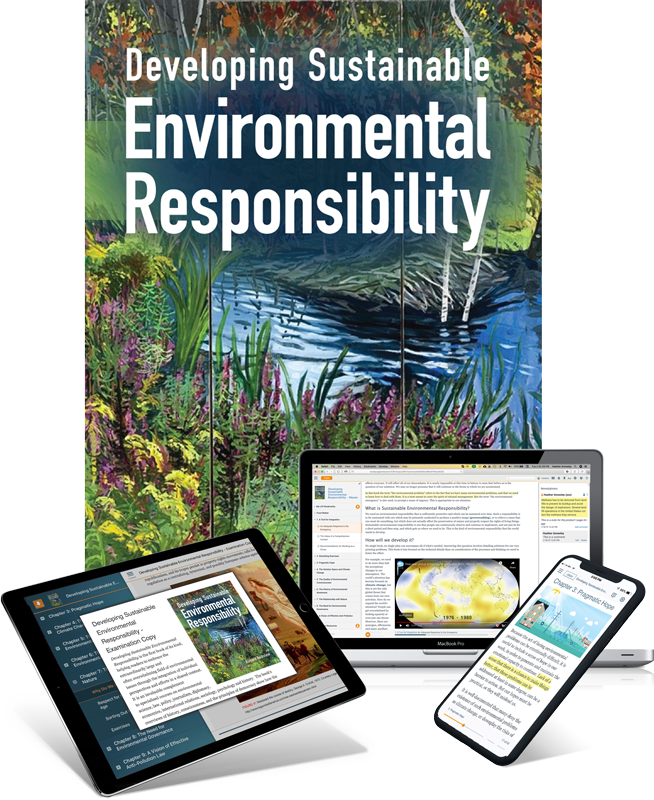Sustainability Policy and Events
Hygeia, goddess of good health, cleanliness. 100 BCE - 100 CE. Wellcome Images. Science Museum, London. (Creative Commons Attribution license 4.0 International).
Virality can refer to the rapid spread between people of a microorganism - or of information. One kind is dominating our attention today: the physical transference of disease. But another - the electronic spread of harmful information - should also be addressed. Today we read that rightwing haters are vilifying lead scientific defender Anthony Fauci[1] for failing to sycophantically echo his president’s false assurances about the coronavirus. Conservative commentators such as Rush Limbaugh (reaching an estimated 25 million listeners on radio) and Sean Hannity (most-watched host on cable news) labeled the advice of public health experts a hoax, a plot by Democrats to injure Trump. The spread of this noxious idea slowed the adoption of policies to stop the transmission of disease. Claire Felten and Arthur Nelson wrote for the website of the Center for Strategic and International Studies in 2019 that:
Online misinformation may be new, but the way information spreads across online networks is remarkably similar to the way disease diffuses across people-to-people networks.[2]
Viral diseases and mis- and disinformation are not classical environmental issues, but like pollution they are harmful invasions of our common space, bodies and minds. These harms are also interlinked in many ways. For example, increased air pollution reduces lung functioning, increasing the likelihood that the coronavirus will be deadly. Rightwing myths that government employees loyal to their statutory mission are part of a Deep State subverting our freedoms, or that environmental rules are bad for business, have fostered support for the Administration’s dismantling of agency programs, including the pandemic prevention team Obama created[3], and the EPA’s efforts to clean up our air, water and land. We need intelligent governance to protect us and that requires access by the public to accurate information so that the public can have real representative government that works for the common good – the original intent of the founders of our republic.
Internet companies have made some moves to institute controls on information damaging to public health, for example deleting false statements from Brazil’s president.[4] But these controls are being developed by private companies behind closed doors and will be mitigated by their commercial interest. At the 13th Internet Governance Forum attendees agreed that “self-regulation by the Internet platform cannot be a solution because it is dependent upon the platform’s business purpose (namely profit). On the other hand, stronger regulation by governments often is, in practice, a means to repress freedom of expression and prevent political opponents from critiquing the establishment under the pretext of fighting fake news.“[5] But a functioning democracy could craft controls that accomplish needed limits while respecting free speech rights. More public attention to this issue could prompt this.
Online misinformation may be new, but the way information spreads across online networks is remarkably similar to the way disease diffuses across people-to-people networks.[2]
Viral diseases and mis- and disinformation are not classical environmental issues, but like pollution they are harmful invasions of our common space, bodies and minds. These harms are also interlinked in many ways. For example, increased air pollution reduces lung functioning, increasing the likelihood that the coronavirus will be deadly. Rightwing myths that government employees loyal to their statutory mission are part of a Deep State subverting our freedoms, or that environmental rules are bad for business, have fostered support for the Administration’s dismantling of agency programs, including the pandemic prevention team Obama created[3], and the EPA’s efforts to clean up our air, water and land. We need intelligent governance to protect us and that requires access by the public to accurate information so that the public can have real representative government that works for the common good – the original intent of the founders of our republic.
Internet companies have made some moves to institute controls on information damaging to public health, for example deleting false statements from Brazil’s president.[4] But these controls are being developed by private companies behind closed doors and will be mitigated by their commercial interest. At the 13th Internet Governance Forum attendees agreed that “self-regulation by the Internet platform cannot be a solution because it is dependent upon the platform’s business purpose (namely profit). On the other hand, stronger regulation by governments often is, in practice, a means to repress freedom of expression and prevent political opponents from critiquing the establishment under the pretext of fighting fake news.“[5] But a functioning democracy could craft controls that accomplish needed limits while respecting free speech rights. More public attention to this issue could prompt this.





 RSS Feed
RSS Feed

